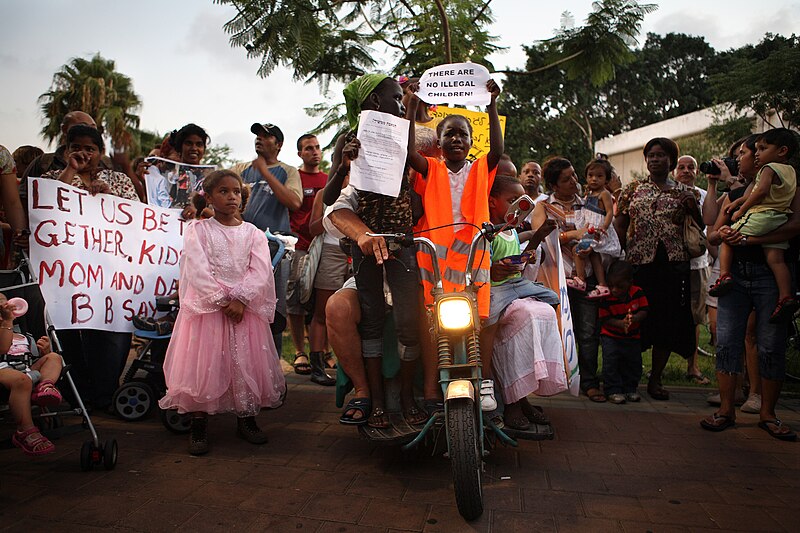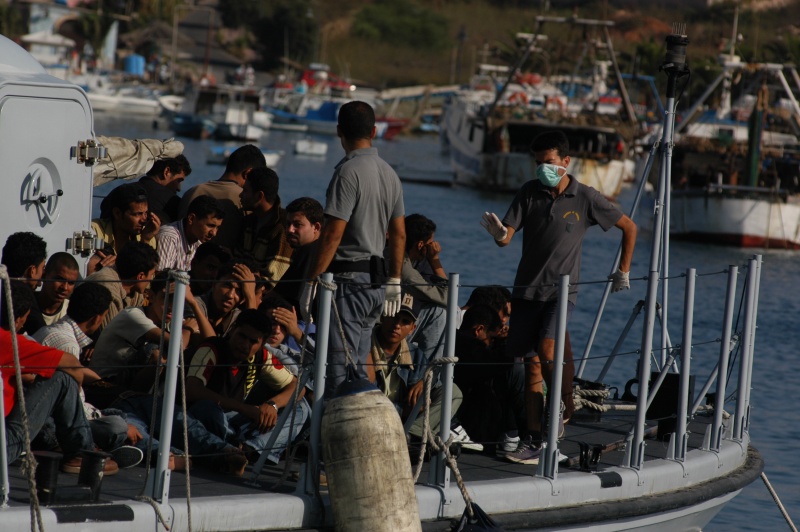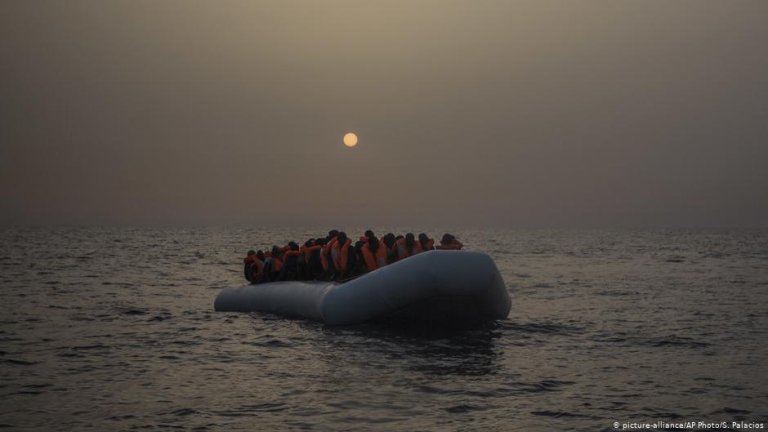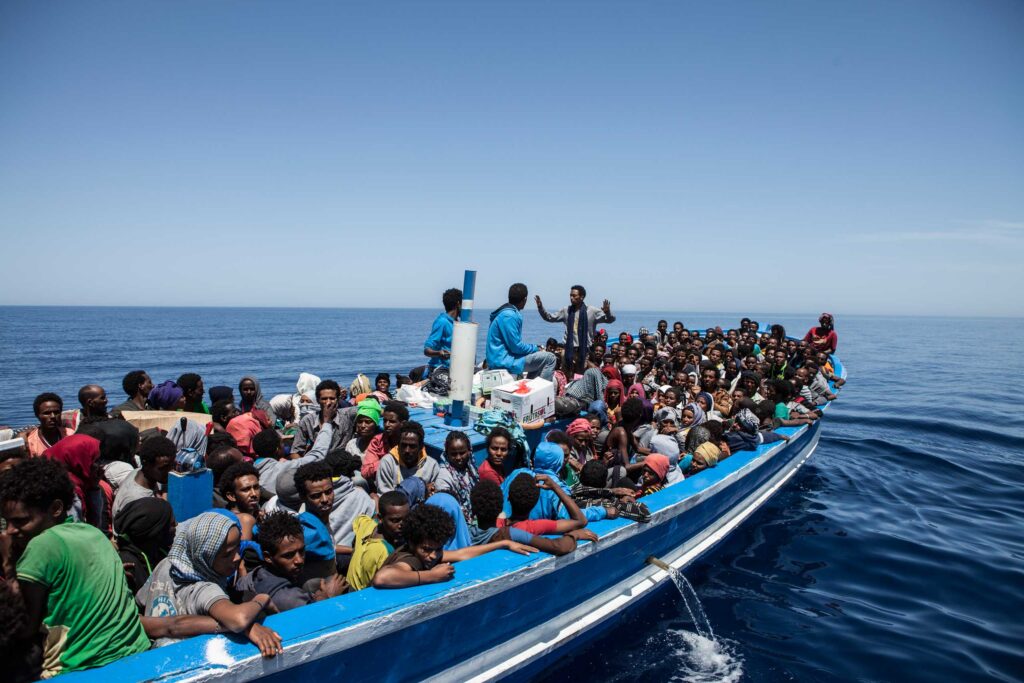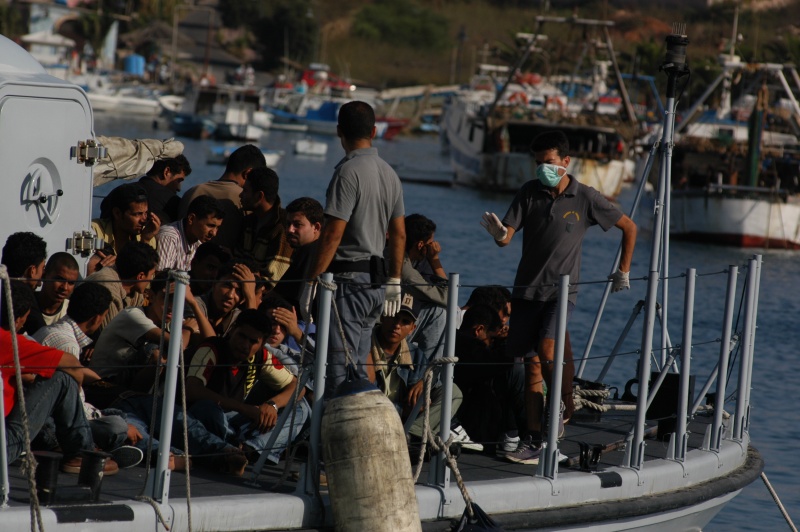The African Centre for the Study and Research on Migration (ACSRM) aims to deepen understanding of the patterns and trends of irregular migration, smuggling of migrants, and human trafficking in Africa. The ACSRM aims to deepen understanding of the increasing vulnerability of African migrants and would-be-migrants to irregular migration, smuggling of migrants, human trafficking, and smuggling of migrants in Africa. The ACSRM aims to increase understanding of the various irregular migration routes and the conditions facing irregular migrants in their risky and even sometimes tragic irregular journeys. The ACSRM looks at policy responses and measures to address the challenges of irregular migration beyond the excessive securitization of international migration that can lead to increasing criminalization of migrants and the violation of their human rights. The ACSRM contributes to strengthening the capacities of African Member States and Regional Economic Communities (RECs) in preventing and addressing irregular migration, smuggling of migrants, and trafficking of human beings.
Against the backdrop of restrictive migration policies, reduced legal migration opportunities, stringent socioeconomic hardships, and political instability, irregular migration is rising. Irregular migration includes wide ranging forms and trends, including trafficking and smuggling of migrants and the underlying criminal networks and organizations.
According to international organizations, irregular migration, trafficking, and smuggling of migrants and other transnational organized crime are on the rise and threaten the human rights of migrants and national and international security and stability.
Irregular migration is a fundamental challenge in consideration of the tragic circumstances occurring across the Mediterranean Sea the Sahara Desert, and other irregular migration routes with the death of irregular migrants and the suffering, despair, violence, and hardships underlying their risky and deadly journeys. Rising irregular migrant flows pose serious policy challenges to African Governments and stakeholders.
Due to reduced opportunities for regular migration, stringent visa and migration policies, and tightening of border control policies, massive demand for international protection and humanitarian assistance, and structural constraints facing countries of origin, it has been witnessed increasing irregular migrant flows in various parts of the world.
Enhanced migration governance and management and effective responses to irregular migration in line with international human rights instruments can contribute to fostering national and international security and stability.

